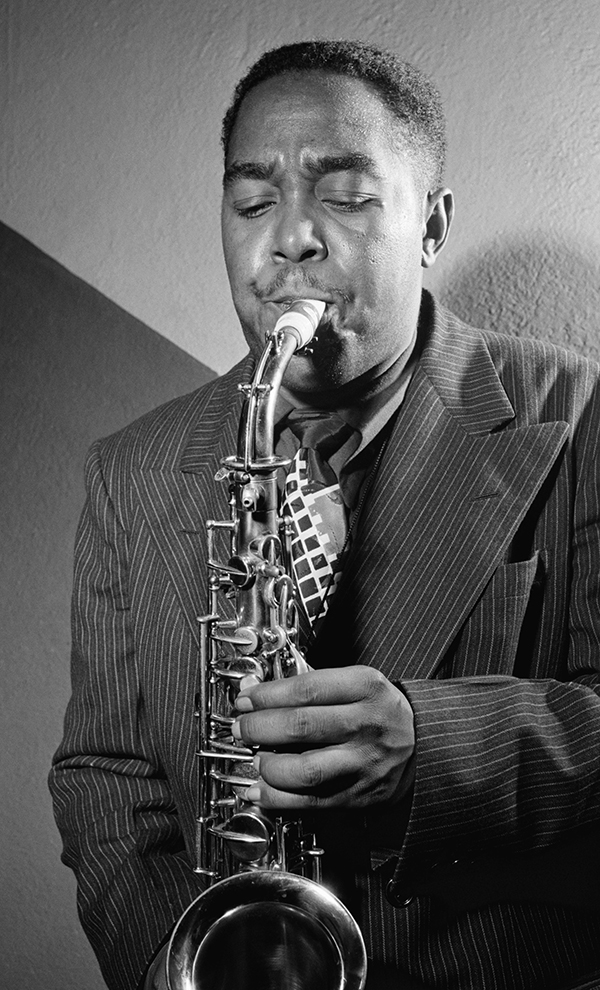Wave Staff Report
LOS ANGELES — Aug. 28 would have been the 100th birthday of Charlie “Bird” Parker, one of the most legendary jazz musicians of all time.
Born Aug. 29, 1920, in Kansas City, Kansas, Parker is considered by many as one of the most important Black American figures in history, a towering musical genius who blazed his own path as a pioneering musician and composer, altering the course of music forever.
Sixty-five years after his untimely passing in 1955 at just 34 years old, Parker’s music still lives. His compositions continue to influence generations and can be heard in music from today’s visionaries, ranging from the envelope pushing hip-hop of Kendrick Lamar to the sprawling, celestial jazz of Kamasi Washington.
Last week, some of Parker’s most famous fans such as Herbie Hancock, Wynton Marsalis, Jon Batiste, Christian McBride and Jeff Goldblum, honored him with video tributes on the Official Charlie Parker YouTube Channel.
Former President Bill Clinton provided a heartfelt salute about his fellow alto saxophonist who he said, “left this world far too young but his spirit survives through the beauty, the power, the genius, of his music. It sounds and feels as young today as when he first played it and when I first heard it.”
If jazz history can be divided into two epochs — danceable swing and improvisational bebop — then Parker is the fault line. During his all too short but remarkable career, the alto saxophonist gave jazz lightning tempos, mind-bending chord substitutions and previously unexplored harmonic depth, paving the way for hard bop, free jazz, fusion and everything after.
Miles Davis summed up his accomplishments by saying “You can tell the history of jazz in four words. Louis Armstrong. Charlie Parker.” Parker was a meteoric musician that burned bright and much too quick. But his legacy more than lives on; it’s jazz scripture.
Jack Kerouac called him “as important as Beethoven.” Four of his recordings were inducted into the Grammy Hall of Fame including albums “Charlie Parker With Strings” and “Jazz At Massey Hall,” and the songs “Ornithology” and “Billie’s Bounce.”
In 1974, he was awarded a posthumous Grammy for best performance by a soloist for “First Recordings.” In 1988, the Clint Eastwood-directed biopic “Bird” brought his story to the silver screen. The U.S. Postal Service issued a commemorative stamp in his honor in 1995.
The Parker composition “Ko Ko” was included in the National Recorded Registry in 2002, declaring the song as “culturally, historically or aesthetically important … in the United States.” Although his life and career were short, the New Yorker has praised Parker as “one of the wonders of 20th-century music” and the New York Times deemed him “matchless” and a “bebop exemplar.”













